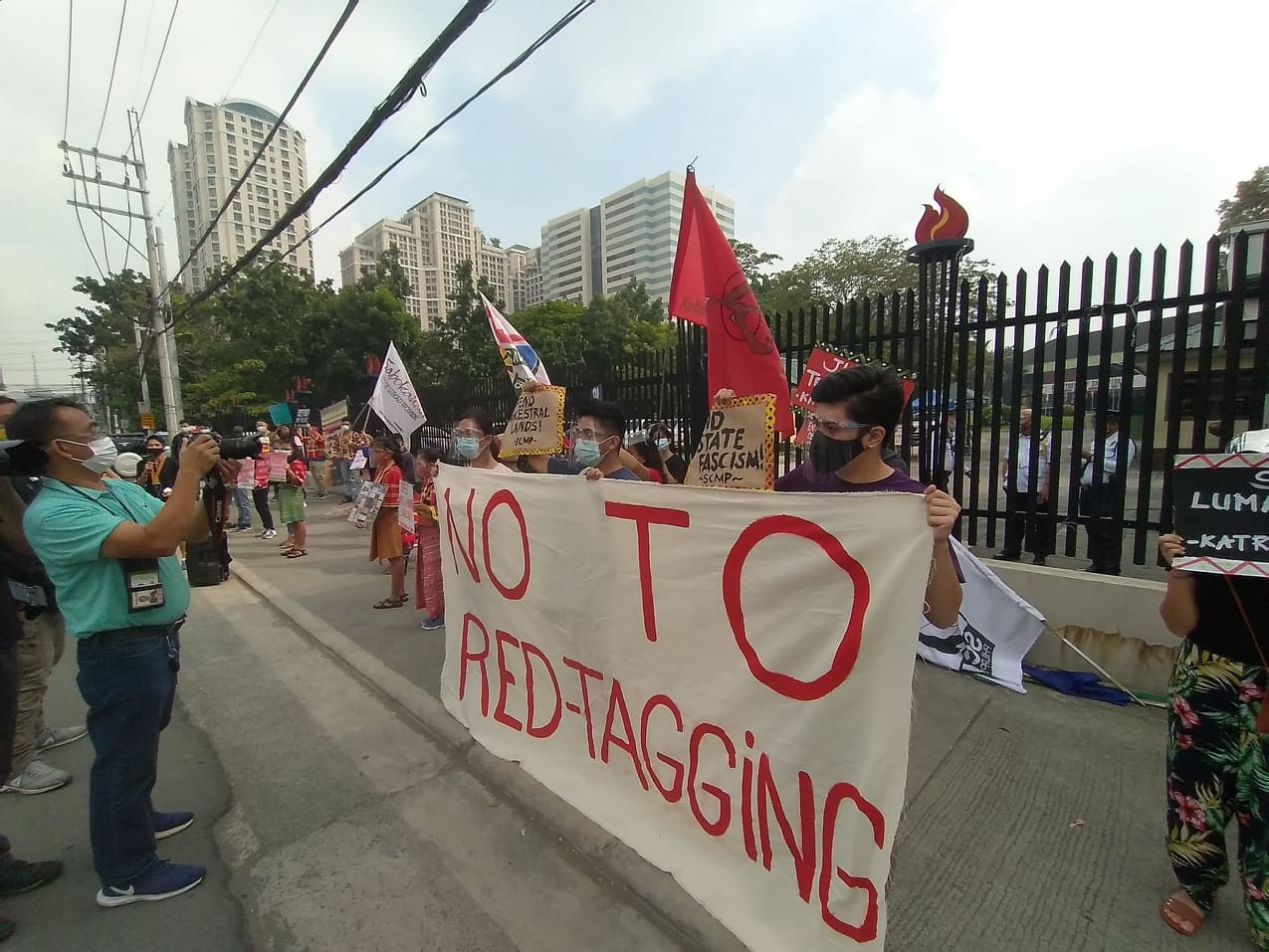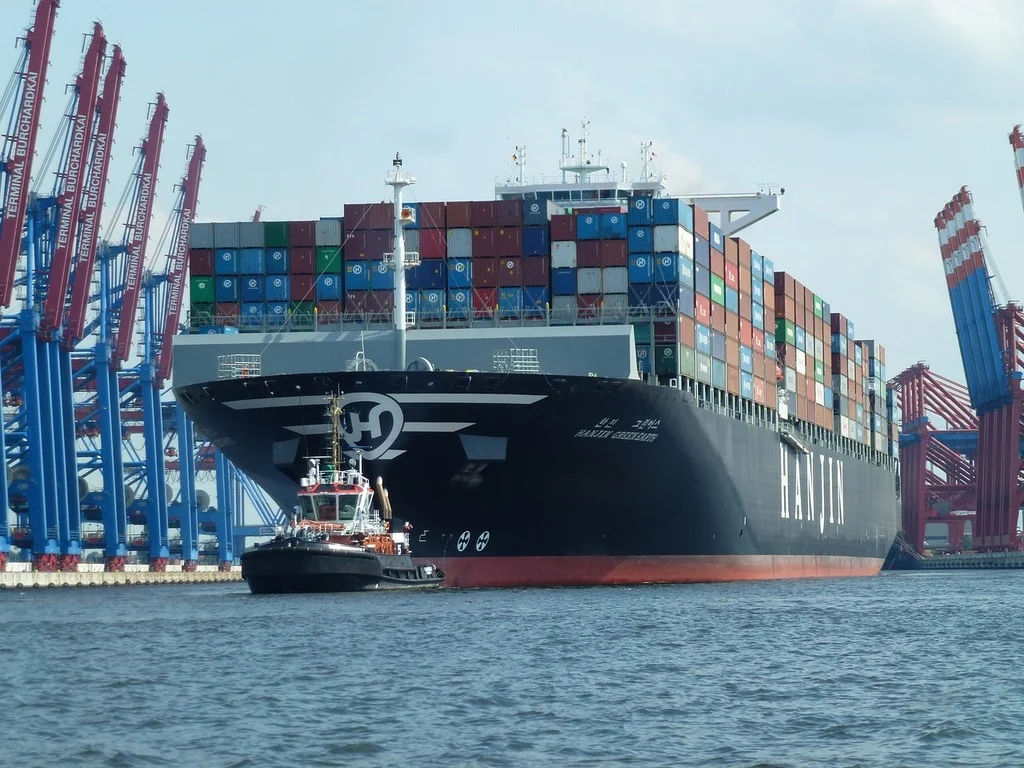Samoa’s political deadlock has reached a critical point, with power fractured between rival leaders in a tense parliamentary standoff. As calls for an early election grow louder, the country faces constitutional uncertainty, legislative paralysis, and mounting pressure to restore democratic stability.
Reports that two key parliamentary leaders have agreed on the need for an early election have drawn renewed attention to the political power struggle which has beset Samoa for virtually all of 2025.
The crisis has its origins in an intra-party dispute between Prime Minister Fiame Naomi Mata’afa and La’auli Leuatea Schmidt, the founder and Chair of the governing Faatuatua i Le Atua Samoa ua Tasi (FAST) party over leadership of the government.
Rumblings emerged at the end of 2024 that La’auli was leading a revolt by FAST MPs against Fiame’s leadership, in part, because she was prepared to allow charges to be brought against La’auli.
In early January 2025, the police indeed brought criminal charges against La’auli, then the Minister of Agriculture & Fisheries. Social media linked these charges to an unresolved hit-and-run traffic incident that took the life of a young university student at Vaitele in April 2021.
Over La’auli’s protestation of innocence, and despite the police commissioner publicly de-linking the charges from their investigation of the student’s death, Fiame asked La’auli to stand down while the police conducted their investigations.
La’auli disputed the precise terms offered him but, following a heated confrontation, this ended when Fiame sacked him from the ministry. La’auli then used his position as Chair of FAST to orchestrate the expulsions of Fiame and five of her supporters from the party, rupturing both the party and the ministry.
Some initial speculation that the termination of their party membership would create a parliamentary vacancy was misplaced. Article 46 of the Constitution states that a member who “changes his or her political party” loses their seat only when the member voluntarily leaves the party, not when the party leaves them.
In the wash-up of party terminations and ministerial sackings, a triangular power configuration in the parliament occurred. Fiame’s 15 ministers have continued in their positions, in power, as a minority government with nine ministers still holding valid FAST party registration. The La’auli-led FAST faction is 20 strong and includes the Speakership. Opposition Leader Tuilaepa Sailele Malielegaoi’s Human Rights Protection Party (HRPP) holds 18 seats.
This uneasy “Mexican stand-off” has survived both court challenges and no confidence motions as all three sides have so far failed to find a clear path to success.
The non-ministerial FAST party still supports Fiame’s legislative agenda as this remains the mandate from the party’s stunning 2021 electoral victory. Especially important at this juncture have been the constitutional amendments needed for electoral reform.
Tuilaepa remains Opposition leader despite having fewer members than the official FAST party and would like to defeat the government but not at the expense of giving the premiership to La’auli.
Nonetheless, both party leaders fanned social media concern over the legitimacy of the so-called minority government. The HRPP eventually sought a declaratory order from the Supreme Court of Samoa to force the prime minister out of office on the grounds that she lacked a party majority in parliament.
The FAST party and the Speaker intervened, and the court acceded to their request to hold off, pending the resumption of parliament where a no confidence motion was mooted that could obviate the need for a decision.
Opposition Leader Tuilaepa’s 25 February motion of no confidence was defeated by a vote of 34 to 14, when La’auli and the rest of FAST voted to support Fiame. Controversially, La’auli’i then introduced a no confidence against Fiame a week later. His motion had two serious flaws: one political and the other procedural.
Procedural ineptitude endangered a politically vital constitutional amendment bill to give voting rights to Samoans living abroad. FAST MPs had spent considerable effort campaigning in 2024 among the diaspora in anticipation of electoral reform.
In foreshadowing an intention to move the confidence motion, all other business had to be suspended to debate the matter of confidence, thus sidelining other items on the order paper.
However, this provoked an ancillary parliamentary crisis. The government objected when the Speaker, Papali’i Lio Masipau, allowed the motion to proceed. Under standing orders the same motion cannot be presented twice in the same session.
When the Speaker allowed the motion, a dissent was raised followed by a walkout. The government sought to remove Papali’i, a FAST member, for bias and conflict of interest after a short delay.
The second no confidence motion was defeated easily (32 against and 19 for) when an attempted brokerage between HRPP and FAST failed, leaving the prime minister somewhat curiously in a potentially stronger position in the three-way standoff.
Both FAST and HRPP have demonstrated that Fiame has the confidence of parliament, which could allow her constitutionally to be free to request the Head of State to grant an early election. Losing either vote would have precluded this option.
A procedural imbroglio on the Speakership resulted in another walkout where the government would not proceed with its business without a want of confidence vote in the Speaker and his deputy. Papali’i refused to allow it. Parliamentary business then ceased, including that of committees which did not meet due to the partisan deadlock.
The parliament is scheduled to resume for the budget session on 26 May, but this date remains in doubt given the continuing impasse over the Speaker’s role.
All three leaders in the triangular standoff have been jockeying to find some advantage in the parliamentary break while weighing up the risks for whenever, or if, the parliament resumes. Fiame needs parliament to pass supply for her government to survive as well as for the stability of a troubled economy—so she cannot delay too long.
However, when the prime minister goes into parliament to pass her budget, she risks another confidence vote which could take her finger off the election trigger and allow an alternative prime minister to be found able to cobble together a majority and pass the budget.
Tuilaepa and the HRPP appear to face minimal risk and significant advantage. The FAST party is fractured and the government wounded by its minority and public criticism over the recent collapse of the national power system.
La’auli ’i, as the architect of the schism within FAST, has to weigh the potential loss of his party’s reform agenda, potential criminal exposure, and his personal responsibility for the collapse of the government if he forces an early election by not effecting a workable entente with Fiame.
For Samoa, the risks are high and with no advantages. In the classic Mexican standoff, whoever fires first, all die.
Richard Herr OAM is a member of the AIIA and inter alia a former President of the Tasmanian Branch. He has served as a consultant on various aspects of Pacific Island a regional architecture for four decades.
This article is published under a Creative Commons Licence and may be republished with attribution.




